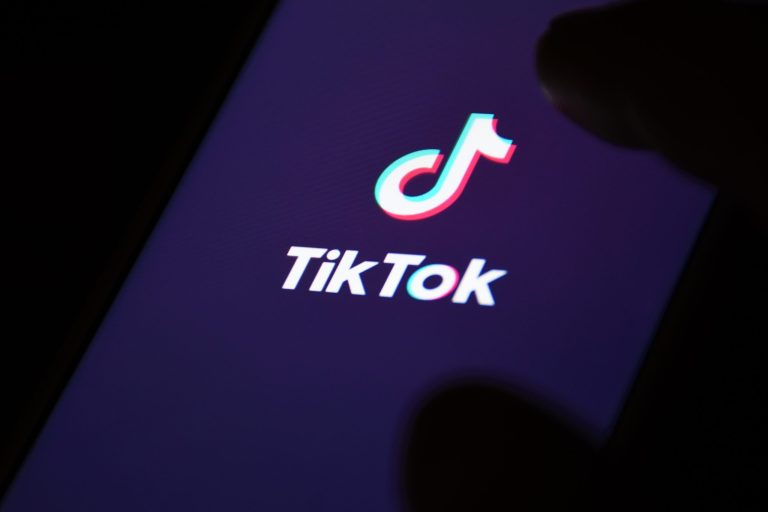The fate of TikTok in the United States hangs in the balance as the Supreme Court deliberates a contentious ban that could see the app go dark by January 19.
The justices, during over two hours of oral arguments on Friday, weighed national security concerns tied to TikTok’s parent company, ByteDance, against questions of free speech and corporate rights.
The case, stemming from a congressional mandate that ByteDance divest its US operations or face a ban, has become a flashpoint in debates over foreign influence, privacy, and the First Amendment.
The proposed ban stems from fears that the Chinese government could exploit TikTok’s vast user data—spanning 170 million Americans—for espionage or manipulation.
The Biden administration’s Solicitor General, Elizabeth Prelogar, emphasized these risks, warning the court that TikTok’s data collection offers China “a powerful tool for harassment, recruitment, and espionage.”
This argument found traction with several justices, including Chief Justice John Roberts and Justice Brett Kavanaugh, who highlighted concerns over the potential misuse of data gathered from U.S. users.
TikTok ban: key arguments from the bench
Chief Justice Roberts underscored that the case is more about national security than speech, noting Congress’s primary concern lies with TikTok’s foreign ownership rather than its content.
Justice Kavanaugh echoed this, emphasizing the risks of data being leveraged to blackmail or recruit future US government officials.
However, conservative Justice Neil Gorsuch raised counterpoints, questioning if an outright ban was necessary.
Gorsuch argued that alternative measures, such as user disclaimers warning of potential Chinese influence, might have sufficed.
Similarly, Justice Elena Kagan pointed to historical instances when foreign propaganda was tolerated, even during tense geopolitical periods like the Cold War, suggesting parallels to the current debate.
What’s at stake on January 19?
Unless the court intervenes, TikTok faces a shutdown by mid-January.
ByteDance’s attorney, Noel Francisco, stated that the app could be removed from stores like Apple’s App Store and Google Play, preventing new downloads.
While current users might retain access temporarily, lack of updates could lead to functionality issues and security vulnerabilities over time.
The potential ban comes as TikTok argues it poses no direct threat to US security.
The company denies allegations of Chinese government interference, asserting that the concerns raised are speculative.
Yet, the possibility of a divestiture looms as Congress and the Biden administration push ByteDance to relinquish control of its US operations.
TikTok’s uncertain future in the US
Even if the ban is upheld, political dynamics could influence its enforcement.
As of now, there’s speculation about how a potential change in leadership—amid ongoing shifts in the White House—could impact TikTok’s operations.
Francisco hinted at uncertainties, stating that the upcoming weeks could bring significant developments in TikTok’s negotiations with the government.
As the January 19 deadline approaches, this TikTok ban update underscores the complex intersection of national security, user privacy, and freedom of expression in the digital age.
For millions of American users and content creators, the future of TikTok remains precarious, with the Supreme Court’s decision poised to have far-reaching implications for the tech industry and US-China relations.
The post TikTok ban update: Supreme Court deliberates potential US shutdown over security concerns appeared first on Invezz

